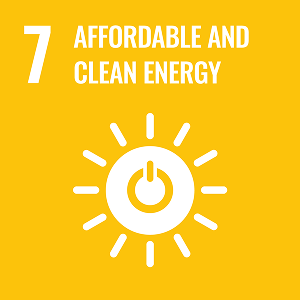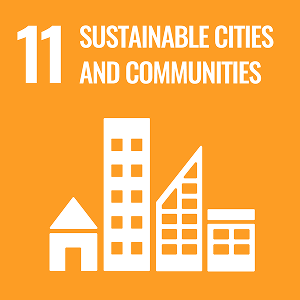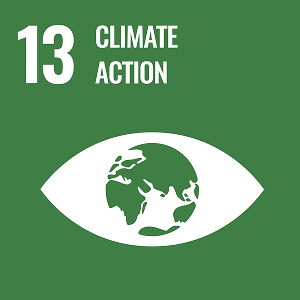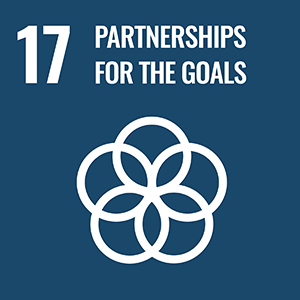Environmental Preservation Activities
Basic Policy
To avoid significantly impacting the global environment, we are promoting a host of activities to mitigate our environmental impact through appropriate compliance with environmental laws and regulations Moreover, under the Plastic Resource Circulation Act, the target has been established to reduce the use of specified petroleum-based plastic products by half in weight per unit sales by the end of FY2030.




| Risks | Opportunities |
|---|---|
|
|
KPIs
| KPI setting | FY2023 result | FY2024 result | FY2027 target | FY2029 target |
|---|---|---|---|---|
| Reduction of specified plastics (50% compared to 2020 level) |
25.00 kg/100 million yen | 26.50 kg/100 million yen | 27.50 kg/100 million yen | 25.50 kg/100 million yen |
| KPI setting | FY2023 result | FY2024 result | FY2027 target | FY2029 target |
|---|---|---|---|---|
| Remain certified as an ECOMARK CERTIFIED RESTAURANT* | Certified in 2017 | Certified in 2017 | Certified in 2017 | Continue to be certified |
In 2017, Yoshinoya was granted Eco Mark certification, which is given to an environmentally friendly restaurant, from Japan Environment Association and was certified as an “eco-restaurant."
Examples of Activities
Yoshinoya Holdings
- With the aim of realizing a decarbonized society and protecting the environment, the Group is promoting the reduction of specified plastics.
- In our domestic business (including Yoshinoya, Hanamaru, and factories), we are promoting the reduction of energy consumption and the introduction of renewable energy.
【CO₂ emissions】FY2021 FY2022 FY2023 FY2024 emissions 59,896 59,312 63,722 71,729 Scope1 17,621 17,308 19,840 20,188 Scope2 42,275 42,004 43,882 51,541 - We are promoting measures to reduce global emissions in accordance with the environmental policies of each country and region.
- At our restaurants, we make an effort to ask customers if they need spoons or other utensils when they order food to take out.
- We are promoting the inclusion of a notice on menu displays and various delivery service menus saying that spoons are not included.
Yoshinoya/Hanamaru
We are working to voluntarily collect single-use plastic. We operate a system in which waste PET resin generated at restaurants is voluntarily collected, stored at distribution centers, and then processed by recycling companies. At present, this initiative is being carried out in Japan's Kansai region, where we have our own distribution center. In areas where we do not have distribution centers, we need to collaborate with other companies to collect and store PET resin. There are also some other issues to be addressed to expand PET recycling, but we are looking at implementing it in restaurants nationwide.
Yoshinoya
- Beginning in 2019, we adopted LIMEX, a material made from limestone that can be used as an alternative to plastic, as the main component in our grand menu. It can be used as a substitute for paper and reduce the amount of petroleum-derived raw materials used, without the need for water or wood pulp.
- Beginning in 2020, for all three types of our takeout plastic bags, we switched to bags made from biomass materials—25% of which are plant derived.
- In 2023, we have switched to using Rice Resin®, a biomass plastic made from upcycled inedible rice, as a raw material for one of the three types of takeout plastic bags. Rice Resin® comprises 25% biomass, the same as the proportion of plant-derived raw materials used.
- We changed the ink material used for Gyudon takeout containers to biomass ink in 2023.
- Since 2023, we have promoted the use of biomass tableware made from eggshells at Yoshinoya restaurants around the country. When calcium carbonate, the main component of eggshells, is burned, CO₂ is emitted. This tableware, however, which in terms of material comprises 55% eggshells, solidifies while trapping the CO₂. This contributes to both reducing waste and curbing global warming.
- In 2023, we installed a solar power generation system on the rooftop of the Tokyo Factory manufacturing building. All the electricity generated by solar power is consumed at the Tokyo Factory. The installation of the solar power generation system is forecast to reduce CO₂ emissions by 195 tons annually. It should also lower the temperature on the roof of the manufacturing building by about 10°C and by about 3°C near the ceiling inside the building.*
*Between June and September, assuming five hours of daylight per day - From 2024, the Kyoto Factory began recycling the plastic used to package raw materials to make pallets for distribution. This pallet is a recyclable product that is purchased and used at the in-house distribution center in the Kansai region.
Yoshinoya's Target for Reducing Specified Plastics
Yoshinoya plans to reduce the use of specified petroleum-based plastic products by half in weight per unit sales by the end of FY2030.
Base year: FY2020, weight per unit sales: 48.29 kg/100 million yen
Target year: FY2030, weight per unit sales: 24.15 kg/100 million yen
Results
| FY2020 | 48.3 kg/100 million yen |
|---|---|
| FY2021 | 32.5 kg/100 million yen |
| FY2023 | 26.8 kg/100 million yen |
| FY2024 | 25.0 kg/100 million yen |
| FY2024 | 26.5 kg/100 million yen |